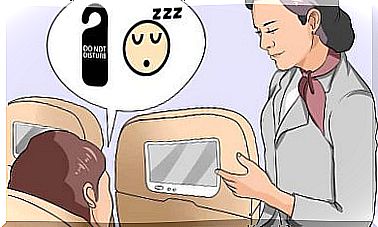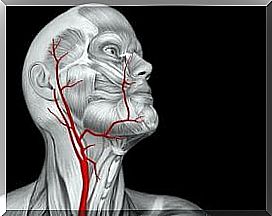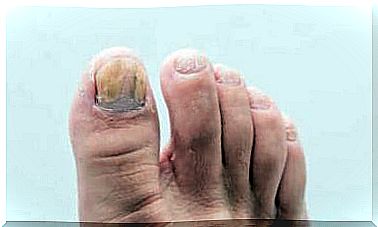Why Do Babies Kick In The Belly?
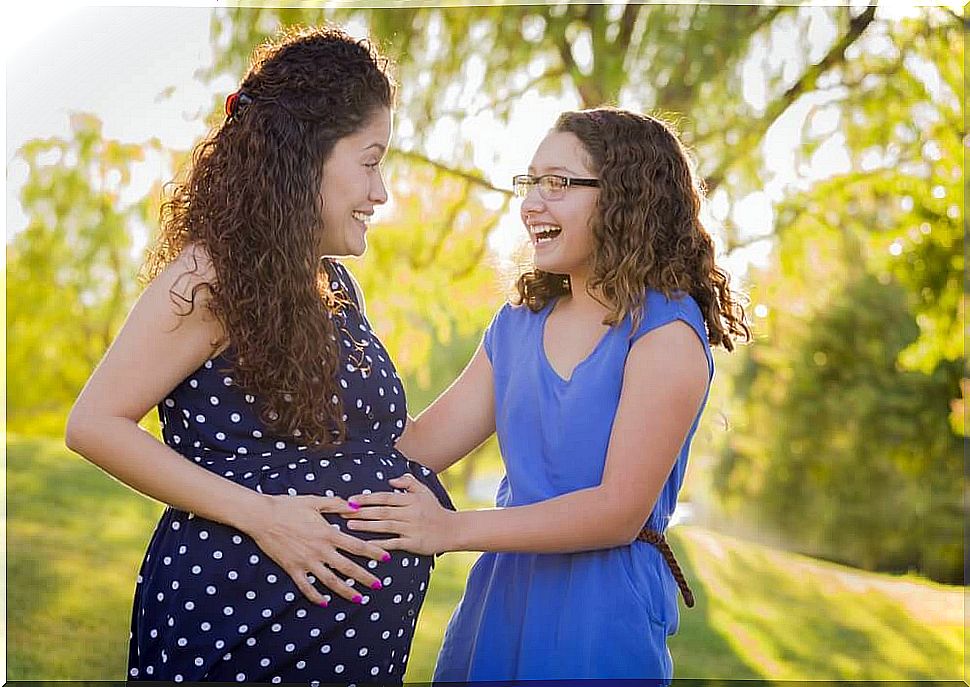
Once pregnancy is confirmed, all women dream of the day they will feel their babies move in their belly. Feeling the first soft kicks is cause for celebration and joy.
A first-time mother will notice the baby’s movement between weeks 16 and 24, including week 24. For a woman who is in her second or third pregnancy, feeling the baby’s movement may occur earlier, between weeks 13 or 16.
All will rejoice when they feel the first movements: a pimple, tickling, popcorn popping inside the abdomen. But, the truth is that babies in the womb move from a very early age, before they are noticed by their mother.
The movement of babies in the tummy
When the embryo becomes a fetus, at approximately week 8, movements begin. Between weeks 12 and 14, the fetus is gaining weight and muscle mass so the movements become firmer, but it’s still a long time before the mother feels it.
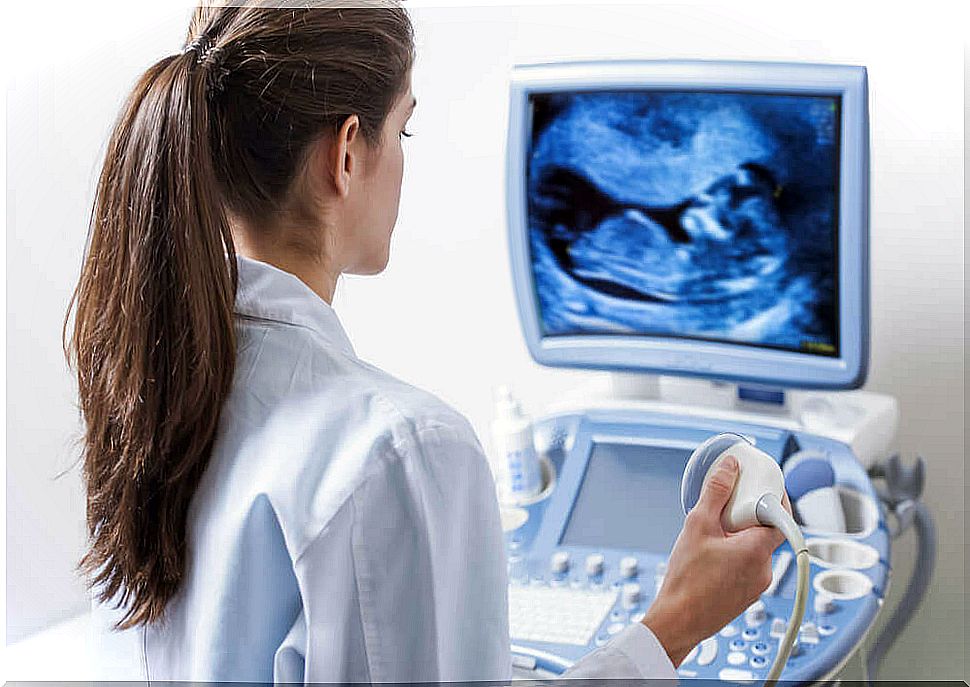
Bones and muscle become stronger and movements become more active. The fetus starts to suck your fingers and moves more and more. They stretch and change position.
The baby’s movements are also his response to external stimuli, such as light and the food the mother eats. Many babies move more after the mother eats. It’s a good time to do prenatal stimulation exercises.
Between weeks 16 and 24, the woman will begin to feel the tickling in the lower abdomen, but you could say that these are not the “first kicks”. During scans, they also appear to move more.
It’s growing and moving
The baby’s movements in the belly, like the expected kicks, will begin to be felt when the baby has grown and the space in the uterus is reduced. This is where many women register their movements effectively as gentle kicks. The emotions of feeling them can even be accompanied by a little pain.
An average date will be over week 24, but be careful generalizing, not all babies in the womb behave the same. The truth is, between the end of the second trimester and the beginning of the third is the best time to feel the movements you will identify as the baby’s kicks. You’ll also feel hiccup, elbows, twists, and shifts in position.
It’s common and fun for moms and dads to follow and caress the bulges that appear in the abdomen.
Your baby’s movement will sometimes be smoother, sometimes stronger and more frequent. It’s the best indicator that you’re doing well and growing.
Why do they kick more at night?
In some pregnancies, the day and night of mother and baby are synchronized. It’s also quite common for some babies to kick more at night. This is due to the fact that during the day, the mother is active and her own movements rock the baby, who spends between 90 and 95% of the day sleeping.

When the mother lies down and relaxes, that’s when she feels the kicks the most. If you lie on your left side, the blood flow to the baby increases, so the baby will move more. Many women say that after having an orgasm the baby will also move more.
When your baby is on the move is a good time to talk to him.
It’s amazing that Mom, Dad and even the siblings try and wait for the baby to react to their voices.
It also influences the fact that being more relaxed mentally and physically, you will be able to connect more with the baby’s movement.
Maternal emotions and hormones also affect the baby’s movements. The cortisol and adrenaline that are produced by some change or stress will also make your baby more alert.
What if we feel the movement less?
As the third trimester progresses, the baby is larger and has less room in the uterus to move. It is normal for you to feel reduced movement. From week 32 onwards, you will begin to experience movement less frequently.
However, in recent weeks, if the baby is head over he can feel the kicks in the ribs. It can be uncomfortable pressure. If you don’t feel him moving, you can talk to him, drink cold water, or eat something sweet so that you feel him react.
Reduced movement may indicate lack of nutrient or oxygen delivery. Your doctor may recommend an ultrasound to see if there is any evidence of fetal distress.
Final recommendation
Avoid being alarmed if you notice your baby’s movement reduction. Remember this sleeps 17 hours a day, and when you wake up it’s only 40 or 50 minutes. It is also common that if you do relaxation exercises, your baby will also relax and move less.
After week 36 it is normal for them to feel less movement, the baby has already grown a lot and has no space.
The most important thing is to inform the doctor when you believe something is not right, and he will take the best steps to preserve your well-being.
Babies in the womb may move more than others, don’t be alarmed.



